June is Hacaaluu's MonthHe Gave His All to Oromia in a Short Time—What Will We Give?
In recognition of his enduring legacy, OROMIA TODAY solemnly declares this month of June as Hacaaluu’s Month.

In recognition of his enduring legacy, OROMIA TODAY solemnly declares this month of June as Hacaaluu’s Month.

Hacaaluu Hundeessa was not merely a musician. He was a living embodiment of Oromo hope and pride. Through his songs, he articulated the unspoken grief of generations, gave rhythm to the resistance, and sang dignity into identity. His artistry was more than melody—it was a medium of healing and awakening. We see now that his voice became part of the Oromo self, internalized by millions. His music didn’t just narrate life; it narrated their life.
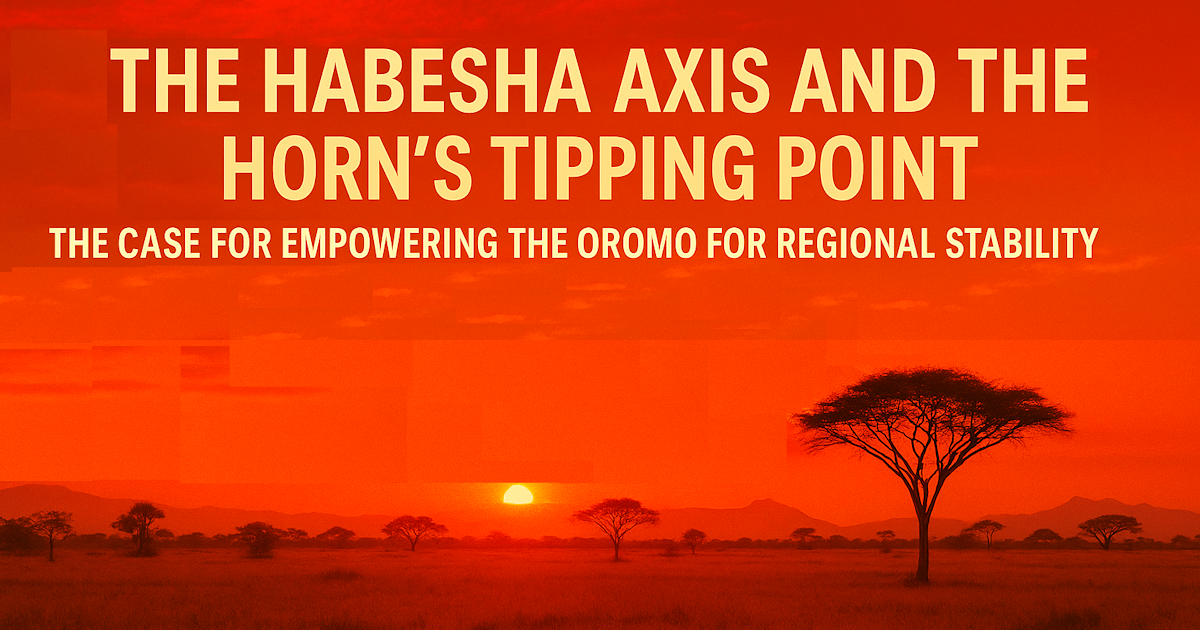
The emerging Habesha Axis—an uneasy alignment of Amhara, Tigray, and Eritrean elites—reveals a deeper truth: historic rivals will unite to suppress Oromo political empowerment. Despite decades of hostility, these actors find common cause in opposing self-determination for Oromia. This convergence is not about unity, but about preserving an old imperial center. Naming it for what it is, the article argues that it is crucial to understanding why Ethiopia’s future hinges on justice for the Oromo and Oromia.
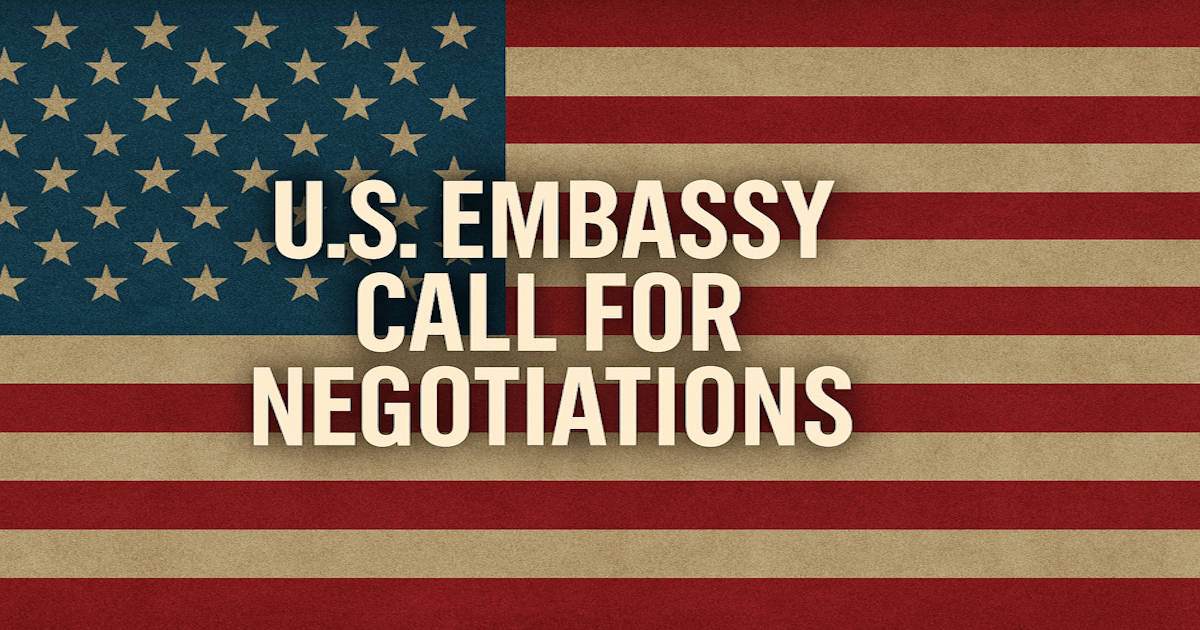
Amhara Fano’s response to the U.S. call for negotiation reveals an expansionist agenda cloaked in grievance. Their demand to “return” disputed regions like Wolkait and Raya signals territorial revisionism. In contrast, the Oromo Liberation Army (OLA) emphasizes accountability and genuine dialogue. As journalist Sajid Nadeem noted in his May 24 podcast, Fano’s maximalist tone risks undermining peace. Negotiation must be rooted in inclusivity—not in reclaiming imperial boundaries through the language of justice.
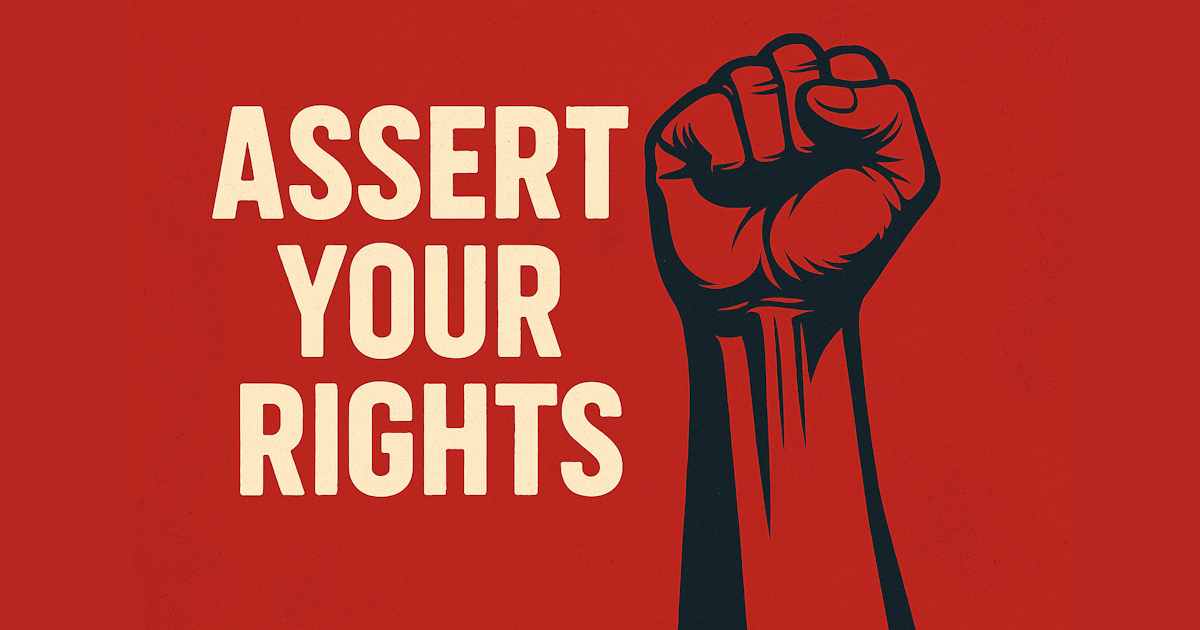
You were not born to be bowed. You were born to rise. In politics, society, and your own mind—never let anyone write your story in your silence. Assert your rights boldly, for the dignity of your people and the clarity of your truth.

Oromo refugees in Saudi Arabia are enduring appalling conditions—crammed in overcrowded cells, denied proper food, medicine, and justice. Most are victims of human trafficking, not criminals. Some now face execution on fabricated charges, while the Ethiopian embassy remains shamefully silent. The world must act before more lives are lost.
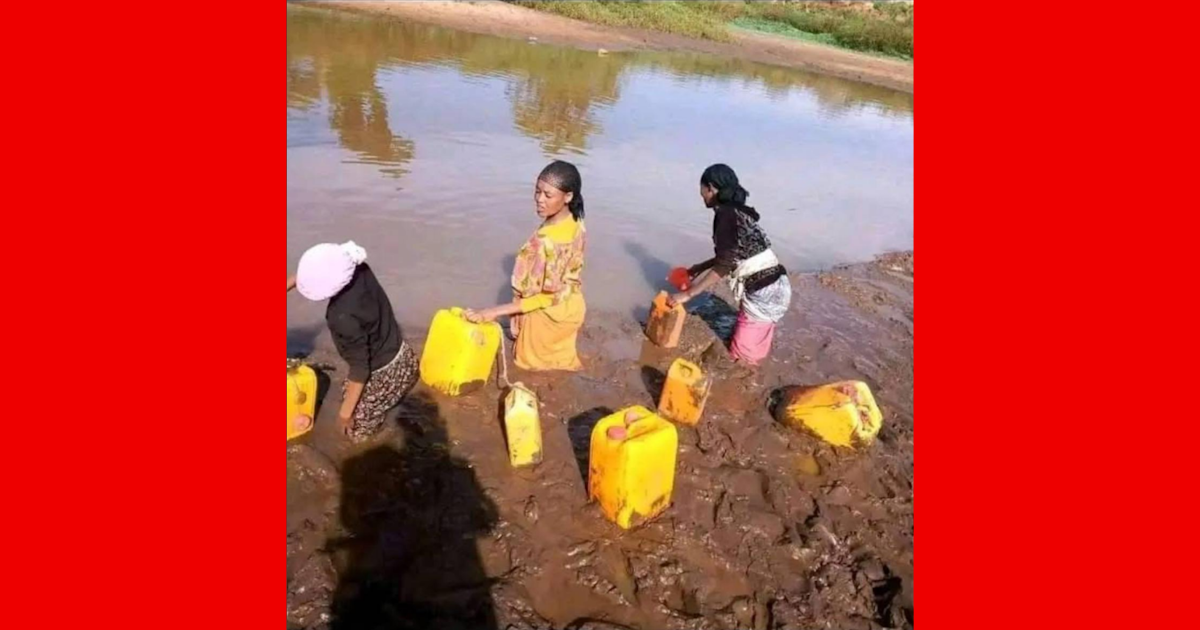
The Indigenous Oromo remain deeply impoverished despite living on some of the most fertile land in Ethiopia. This article unpacks how systemic exclusion, political betrayal, and false narratives like “Baale Giize” continue to marginalize the Indigenous Oromo while others prosper at their expense.

While millions of Ethiopians suffer without basic services, the regime’s ruling elite continue to exploit public funds as if they were private fortunes. Lavish lifestyles, overseas treatments, fleets of gas-guzzling SUVs — all financed at the people’s expense. This article exposes the mechanisms of corruption, proposes a framework for restitution, and issues a warning: there will be no sunset clause for the theft of public funds.
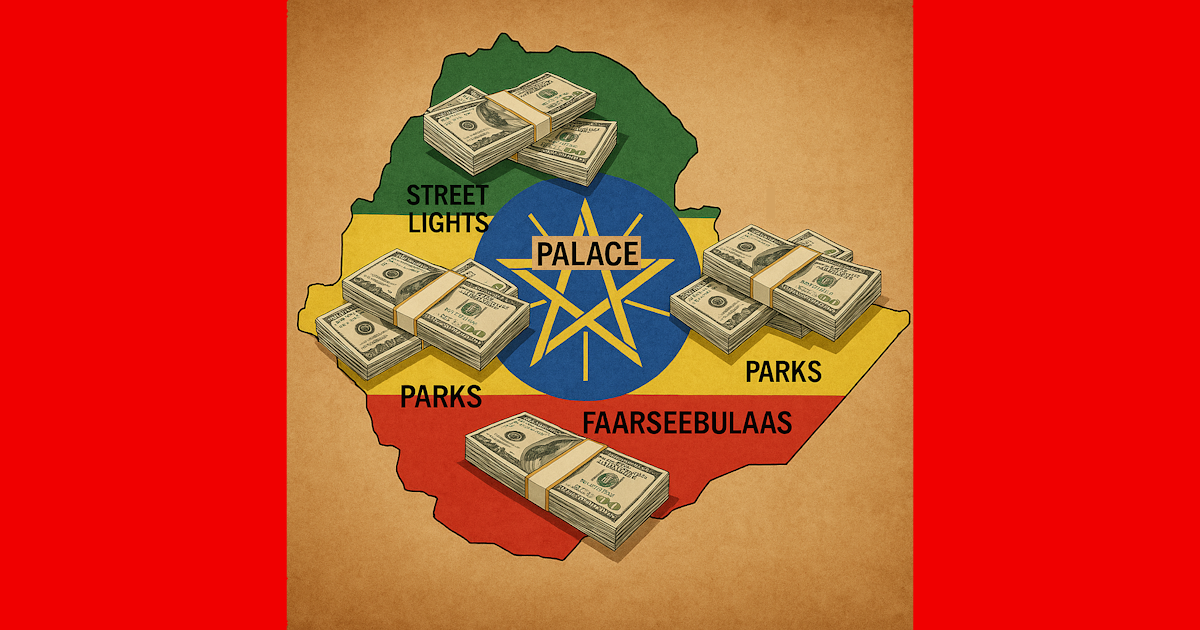
Excerpt: Ethiopia is now well known for squandering billions on trivial projects while the citizens in millions are hurting. The regime pays cyber trolls more than doctors — perhaps at a ten-to-one ratio — builds palaces while hospitals collapse, and fights dissent harder than it fights poverty. This is an empire betrayed from within. Ethiopia…
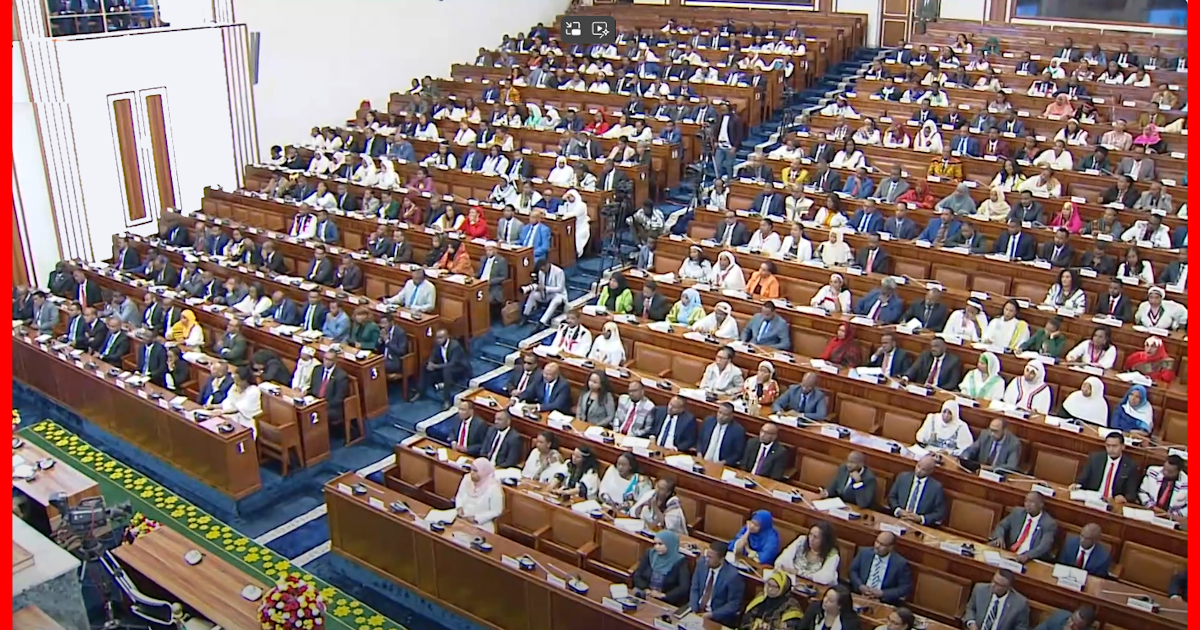
Ethiopia’s parliament has become a theatre of false applause, where belly-politicians betray their people by clapping for lies in Ethiopian politics.

An Open Letter to the Caffee Oromia: This is a plea wrapped in pain and principle. As the Oromo people endure loss, disillusionment, and unanswered sacrifices, the silence of their elected house grows louder. This letter calls on Caffee Oromia to rise — not just as an institution, but as a conscience.
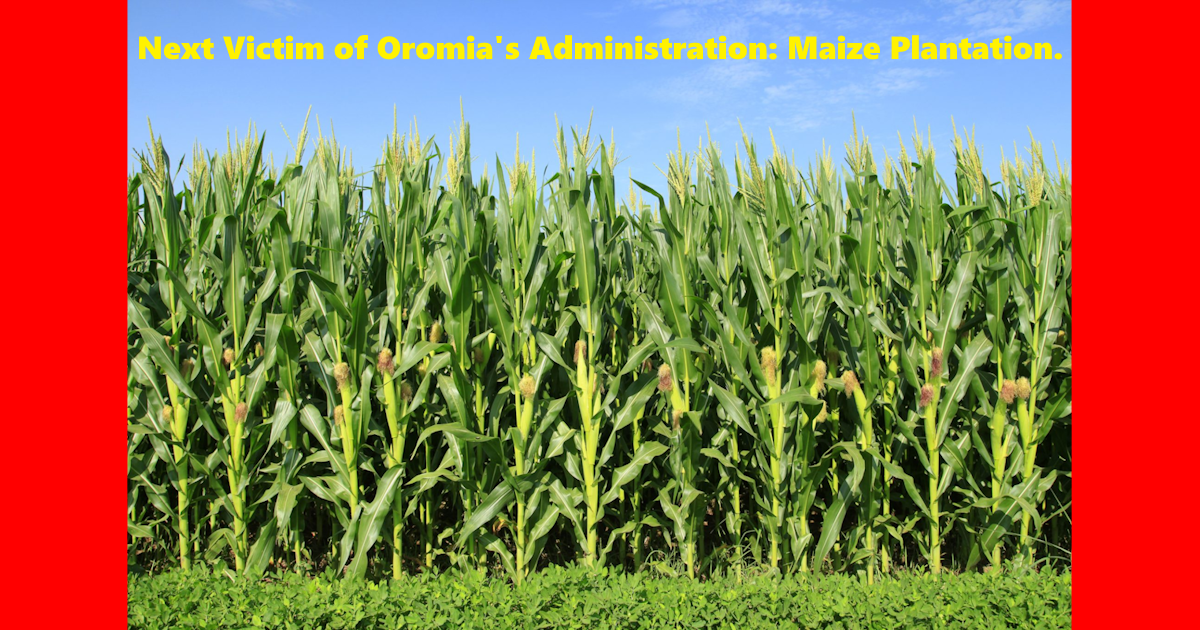
When maize becomes a threat and feeding your people a crime, governance has failed not only in courage—but in conscience. The senseless maize ban just imposed across Oromia’s Rift Valley belt is yet another tragic episode of hapless leadership—one that shuns dialogue in favor of desperate, random firefighting, even if it means starving its own population in the months ahead.
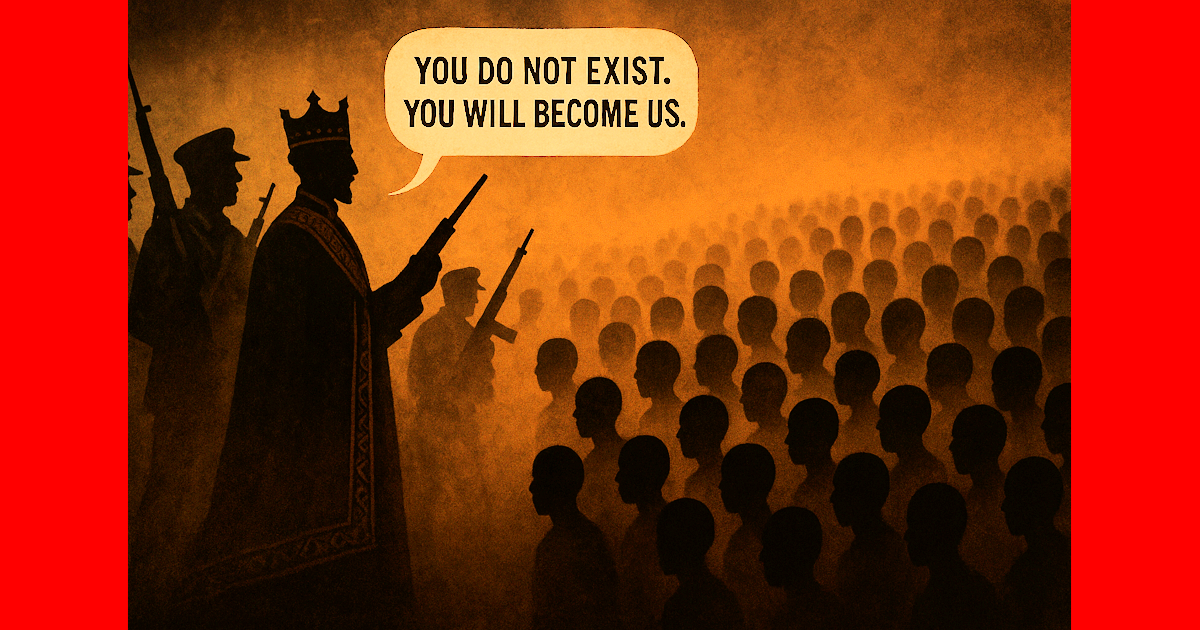
Excerpt This article unveils the Chilling Assimilation Blueprint of 1933 for the Oromo people, a calculatedly policy framework of Haile Selassie’s regime. Drawing from historical documents and translated accounts, it exposes how forced identity erasure was justified in the name of “national unity”. Far from being a relic of the past, the blueprint reveals patterns…
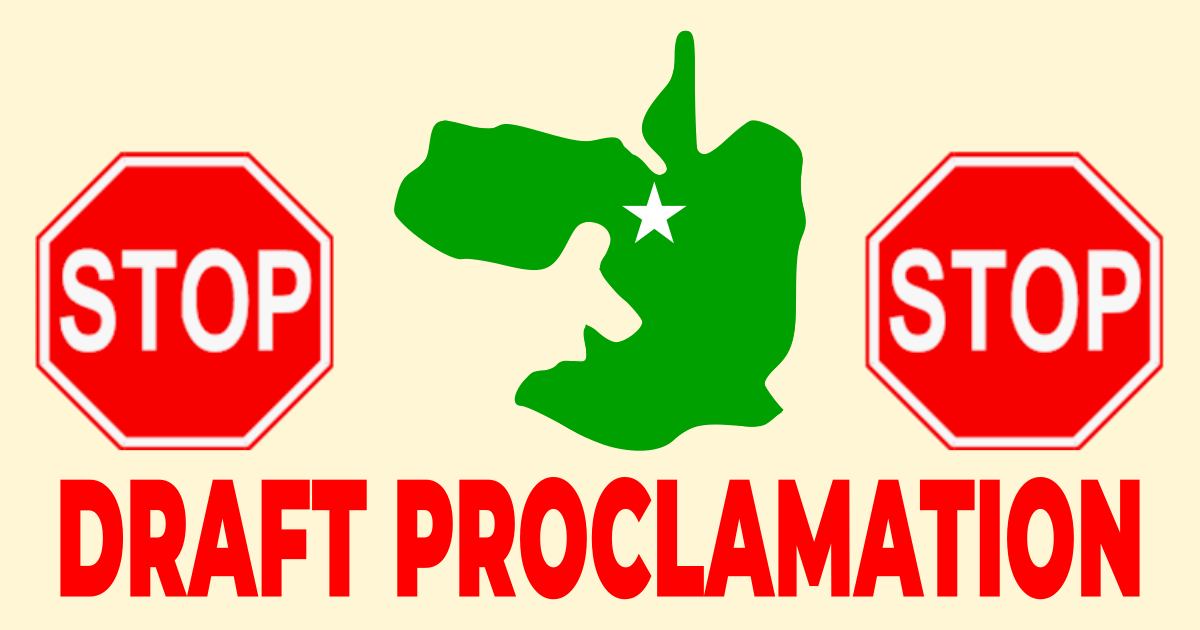
Excerpt: A dangerous new draft law in Ethiopia threatens to legalize a deeper level of Oromo dispossession by allowing foreign nationals to own immovable property—including ancestral lands in Oromia. More than just an economic shift, this proposed legislation risks permanently severing the Oromo people from their land, culture, and identity. What’s at stake is not…
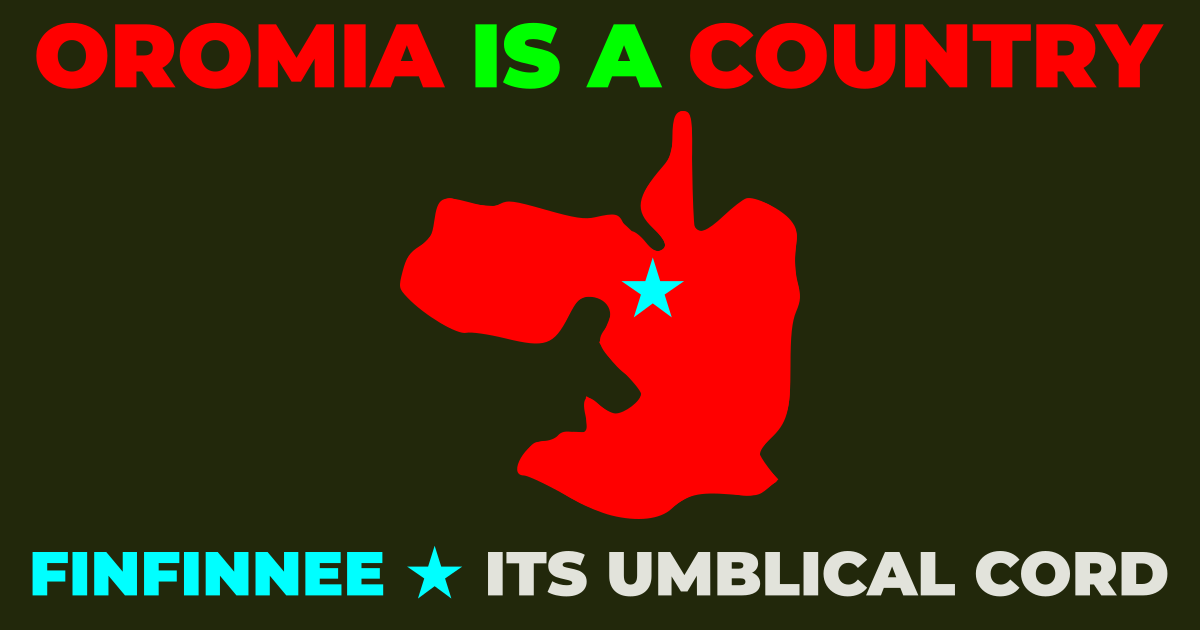
Prefer listening? Play the audio of full article. The Tranquil Indigenous People Before colonization and forced annexation, indigenous peoples thrived across the globe — civilizations, cultures, and ways of life intricately woven with their environments over thousands of years. They were not waiting to be “discovered”; they were living fully, imagining, governing, trading, and sustaining…

“That is what prosperity looks like,” boasts a Prosperity Party (PP) regime loyalist in his Facebook repost, proudly sharing a photo announcing a $7.8 billion agreement between Ethiopian Airlines and the African Development Bank to build Africa’s largest airport in Abuu Seeraa, near Bishoftu town in Oromia. A gleaming model aircraft in the hands of…
|
Feature Op-Ed Suggested For You: A Reactor in a Tinderbox: Why Ethiopia’s Nuclear Ambition Demands Global Scrutiny |